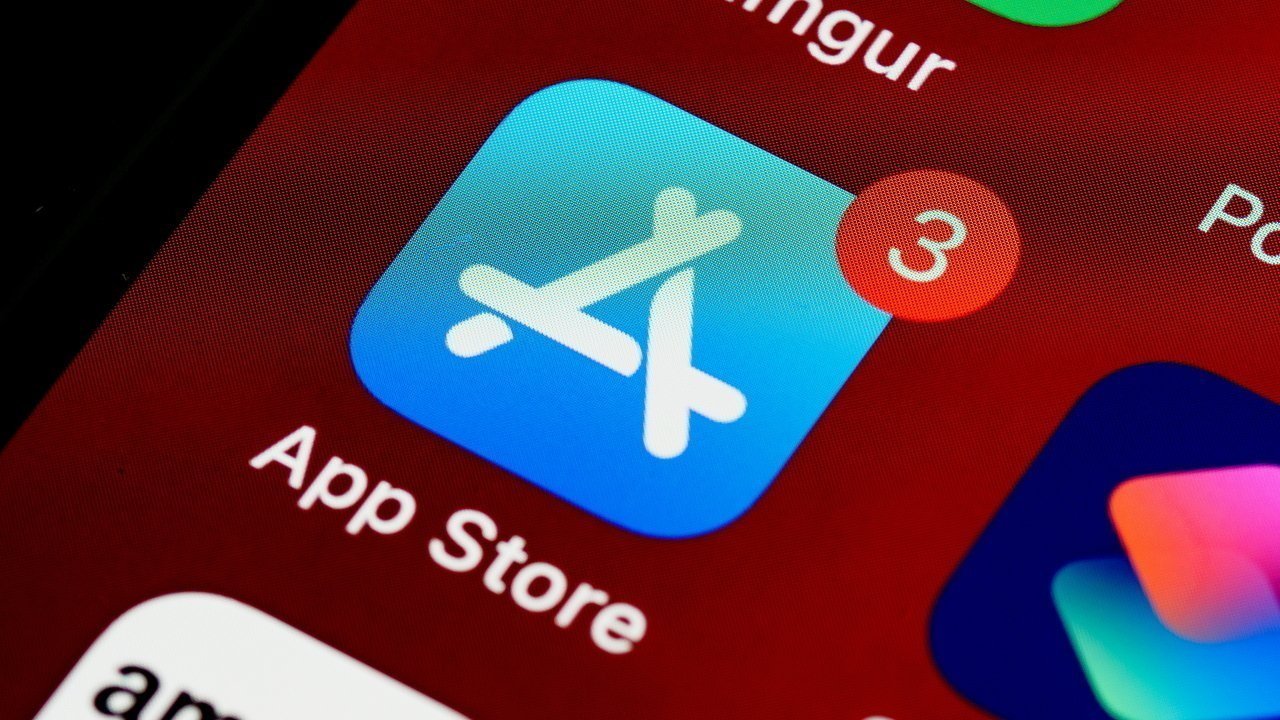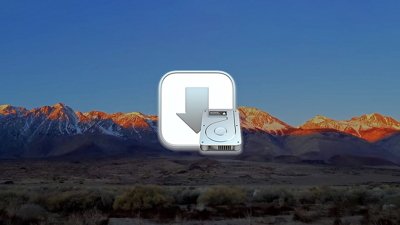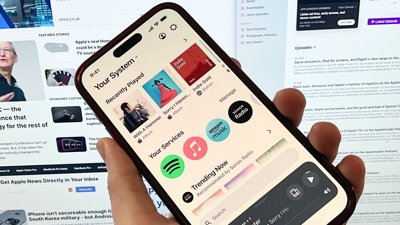A day after the US Department of Justice filed its omnibus antitrust lawsuit against Apple, consumers filed a trio of class-action lawsuits for allegedly monopolizing the smartphone market.
On March 20, the U.S. Department of Justice unleashed its lawsuit against Apple, following a five-year antitrust investigation into the iPhone maker's business practices. Mere days later, lawsuits are attempting to jump on the anti-Apple bandwagon.
At least three attempted class-action lawsuits have been filed in California and New Jersey since the DoJ's own lawsuit, reports Reuters. Filed in federal courts, the lawsuits accuse Apple of violating antitrust laws, and fundamentally costing consumers money.
It is alleged in the suits that Apple suppressed technologies for messaging apps, wallets, and similar functions and features. If it had made them more open, Apple could've increased competition in the smartphone market.
As a byproduct of Apple's supposed anti-competitive activity, Apple allegedly allowed the cost of products and services to inflate.
Apple did not respond to the report's request for comment.
Hagens Berman Sobol Shapiro, a lawfirm behind one of the new suits, claimed it was "pleased that the DOJ agrees with our approach." The firm previously sued Apple over anti-competitive behavior over its mobile wallet, and previously reached settlements with Apple over App Store policies and eBook pricing.
The three lawsuit, as well as the DoJ's own legal action, follow behind other lawsuits against Apple over anticompetitiveness. In February, one accusing Apple of using its App Store to keep prices high was granted class-action status.
 Malcolm Owen
Malcolm Owen




-m.jpg)



 Christine McKee
Christine McKee
 Chip Loder
Chip Loder
 Oliver Haslam
Oliver Haslam

 William Gallagher
William Gallagher
 Amber Neely
Amber Neely

 Andrew Orr
Andrew Orr







13 Comments
What technologies were suppressed, and in what way would there be more competition in the smartphone market if Apple had “made them more open”? Did Microsoft bail on the smartphone market because of any of this?
Consumers were not harmed in any way. Software has only gotten less expensive since Apple created the App Store. Nothing will come of these garbage class action lawsuits from these scumbag lawyers.
If you do not like the Apple products as a consumer you can buy other brands. Stop the false accusations. It’s called growing your company. I like its privacy apps store that it is not full of junk and spyware from government or other marketplaces and it allows me to decide who can gather information or not. Keep doing what you do Apple
Love to see how they demonstrate damages here, considering software prices have plummeted.
Not sure why Apple would be seen to benefit from suppressing something that is popular with consumers. You can just as easily make the argument that it would give a competitive advantage to Android. After all, Google's original marketing campaign for Android was entirely centered around all the things that Android allowed and iOS did not. Back in those days, there was a lot of sentiment in the tech sector that Apple's approach would be a competitive disadvantage in the long run. Now it's been turned completely on its head and you've got all these companies claiming that the open system is the one that is a competitive liability. And that is followed by the entirely contradictory idea that forcing iOS to also be open would somehow solve the problem. Which one is it? Open is a liability or a strength? People want to try and say it's both at the same time.
Apple is starting to look like the French queen in Mel Brooks History of the World Part I.